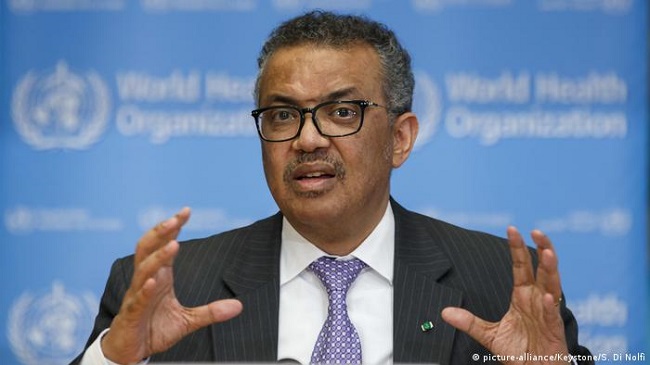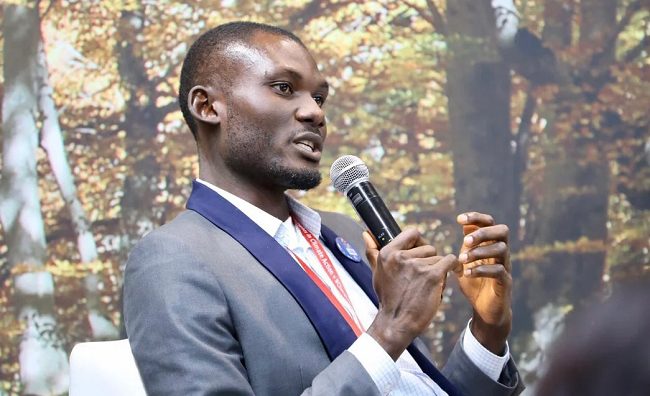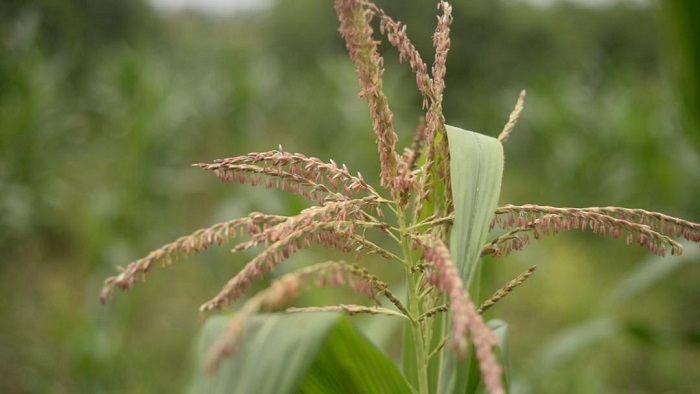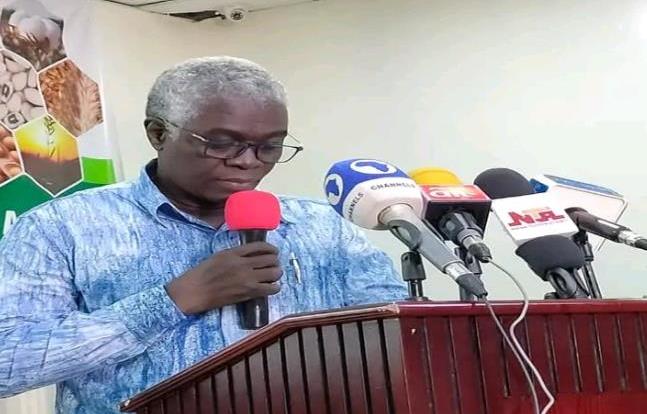The Nigerian Content Development and Monitoring Board (NCDMB) has pledged its full commitment to implementing the recently introduced “Nigeria First” policy, a key directive of President Bola Ahmed Tinubu’s administration aimed at boosting local production and patronage of locally made goods and services, reducing dependence on imported items.

Executive Secretary of NCDMB, Felix Omatsola Ogbe, made this commitment at the opening ceremony of the ongoing NOG Energy Week in Abuja on Monday, June 30, 2025. He described the policy as a strong reinforcement of the Board’s core mandate of promoting Nigerian Content in the oil and gas industry.
“For Nigeria, energy sufficiency goes beyond availability, it is about building resilience, ensuring sustainability, and protecting our sovereignty. That is why we say local content is not just a policy, it is a strategic imperative.” Ogbe noted.
Speaking on theme, “Achieving Energy Sufficiency through Local Content implementation”, Ogbe observed that achieving energy sufficiency would require deepening Nigeria’s local capabilities across the oil and gas value chain from exploration and production to processing, manufacturing, and services. He said prioritising local capacity would not only retain economic value within Nigeria but also mitigate supply disruptions, create jobs, and foster technological growth.
The “Nigeria First” policy is the latest in a series of government interventions designed to strengthen domestic content. The NCDMB boss referenced landmark initiatives such as the NOGICD Act 2010, Executive Orders 001 and 005, and the Presidential Directives on Local Content issued in 2023, which were aligned with President Tinubu’s 8-Point Agenda.
According to Ogbe, the new policy is rooted in a clear principle: “All goods or services that are produced and/or available locally will not be procured from foreign sources unless there is a clear and justifiable reason.” “This aligns with Section 3(1) of the NOGICD Act, which mandates first consideration for Nigerian made goods and services provided they meet industry standards.”
The Executive Secretary pointed that to translate the policy into action, the Board announced a series of implementation steps which include the development of a dedicated “Nigeria First Procurement Policy” for the Board, integration of the policy into internal systems, and its application in the review of Nigerian Content Plans (NCPs), Compliance Certifications, and Authorisation Certificates.
He disclosed further that NCDMB will commission two major baseline studies to verify the capacities of Nigerian service providers and to identify locally manufactured consumables used in the oil and gas sector.
“The Nigeria First policy is a bold commitment to national pride, industrial competence, and long-term economic sustainability. At the NCDMB, we are prepared to lead the charge in making this vision a reality,” Ogbe committed.
Similarly, NCDMB has unveiled a restructured approach to its N50bn Community Contractors Financing Scheme – a key component of the Nigerian Content Intervention (NCI) Fund.
Originally launched in 2018 to support indigenous contractors from oil-producing host communities, the Community Contractors Fund had recorded little traction until recent efforts under the current Executive Secretary, Felix Omatsola Ogbe, set the scheme on a path to revival.
Moderating a session on Deepening Community Participation Through Accessible Financing, NCDMB’s General Manager, Corporate Communications, Dr. Obinna Ezeobi, noted that while other products under the NCI Fund have performed remarkably well, the Community Contractors Fund had lagged behind. He attributed the renewed focus on the scheme to the Executive Secretary’s personal commitment to grassroots empowerment.
General Manager, Nigerian Content Development Fund, Ms. Fatima Mohammed, noted that new features had been introduced to the fund. The restructured fund allows for increased borrowing limits – up to ₦100 million for community contractors in the oil and gas industry, with single digit interest rate per annum. Beneficiaries must be verified community contractors with valid projects for international or indigenous oil and gas companies.
The Board also introduces simplified collateral terms, and plans to carry out extensive sensitization programmes, with disbursements expected in the coming months.
She added: “We want to see host communities actively participate in the oil and gas ecosystem. After a comprehensive review, we discovered that the centralised structure of the scheme was limiting its effectiveness. We’ve now decentralised it through the involvement of Performing Financial Institutions (PFIs).”
Speaking on the panel, the Bank of Industry’s Head of Oil and Gas, Mr. Gabriel Yemidale, acknowledged past challenges in implementing the scheme but expressed optimism about the renewed collaboration between BOI, NCDMB, and selected PFIs such as FCMB.
“We didn’t abandon the scheme. What was missing was alignment. With FCMB now on board and funds already allocated, we expect much better reach at the grassroots. BOI will also ensure monthly loan performance reports and quarterly visits to beneficiaries to monitor impact,” Yemidale said.
FCMB’s Head of SME Assets, Oluremi Agboola, described the bank as a “go-to partner” for SME financing and affirmed its readiness to drive the fund’s success.
“We would likely revisit our interest rates to make the product more affordable – thanks to the ES’s impact-driven push. We are also offering financial literacy, monitoring and evaluation training, and business support through the FCMB Business Zone,” Agboola noted.
Another information was that eligibility is limited to the firms with ₦500,000 annual turnover, to ensure participation and impact on small contractors.
Another member of the panel, Director of Corporate Strategy and Planning,Trexim Holdings, Mr Olumide Odewole, emphasised the importance of sustainability and long-term results.
“We must build a framework that guarantees impact – through quality delivery, governance structures, and training. That’s how we build a resilient supply chain in the sector,” he said.
The revamped scheme marks a renewed commitment by NCDMB to close funding gaps in the sector and ensure that oil-producing communities are not just stakeholders in name, but active participants in Nigeria’s energy economy.










